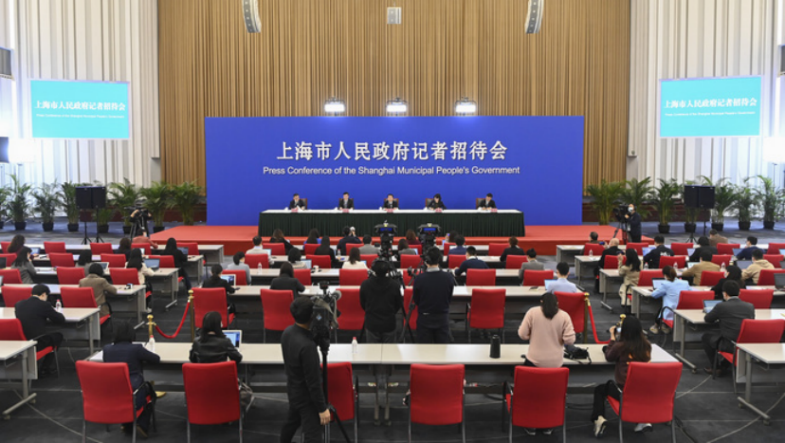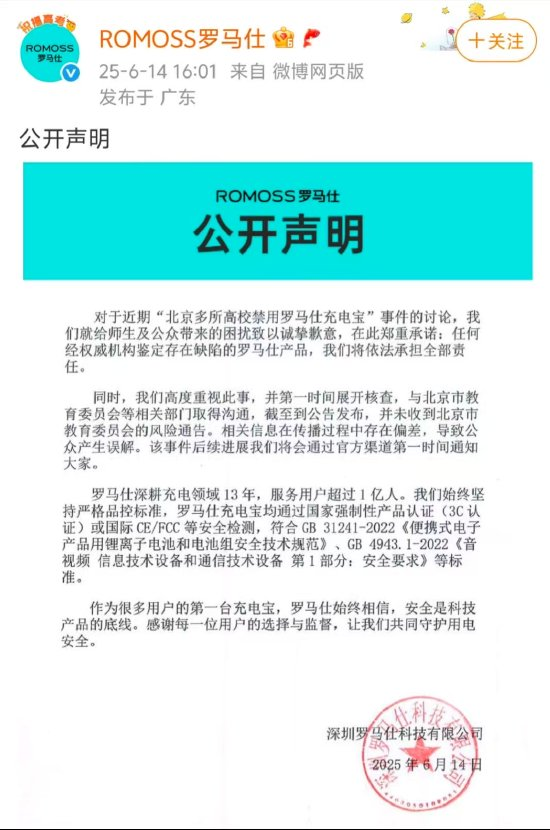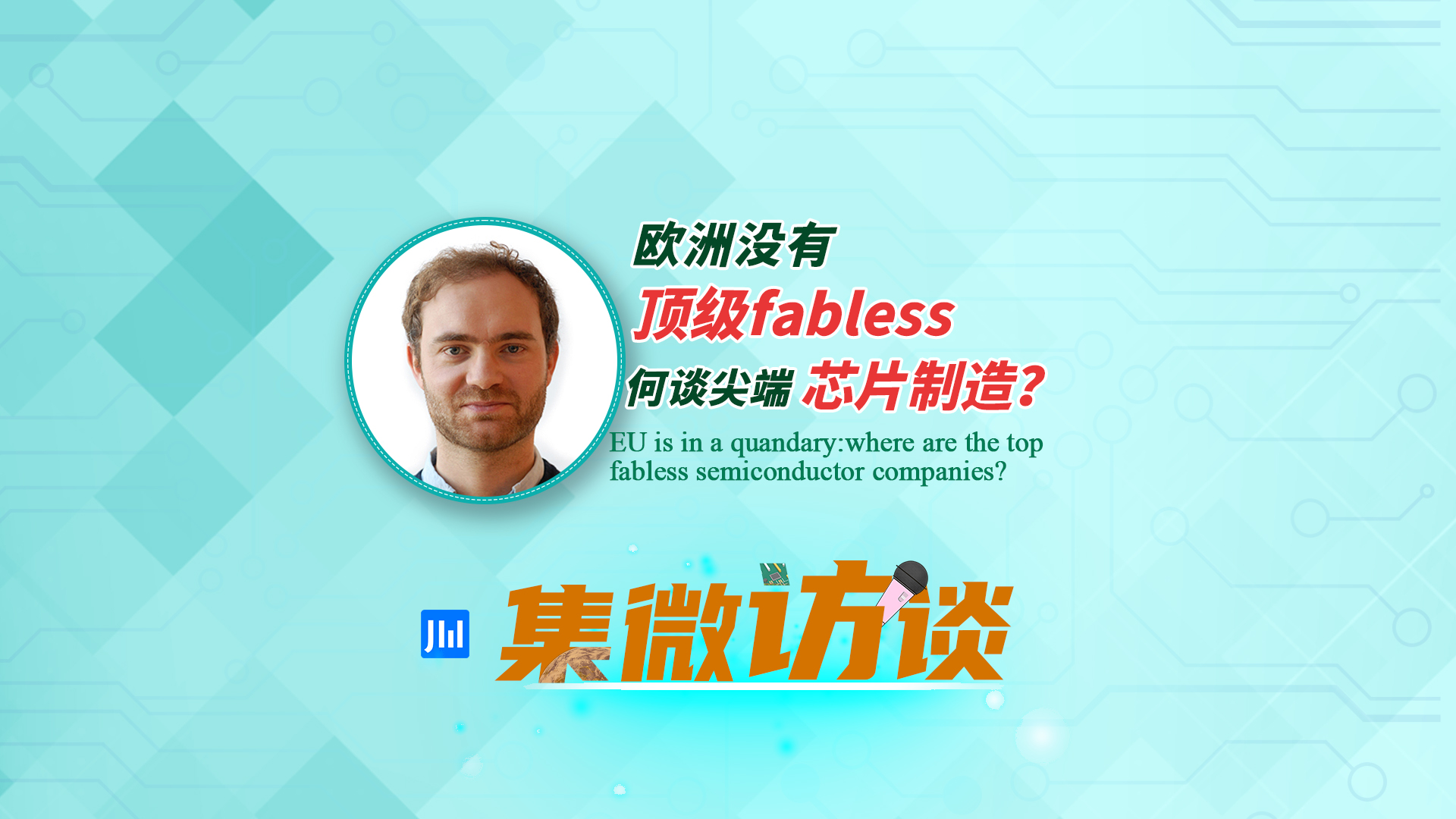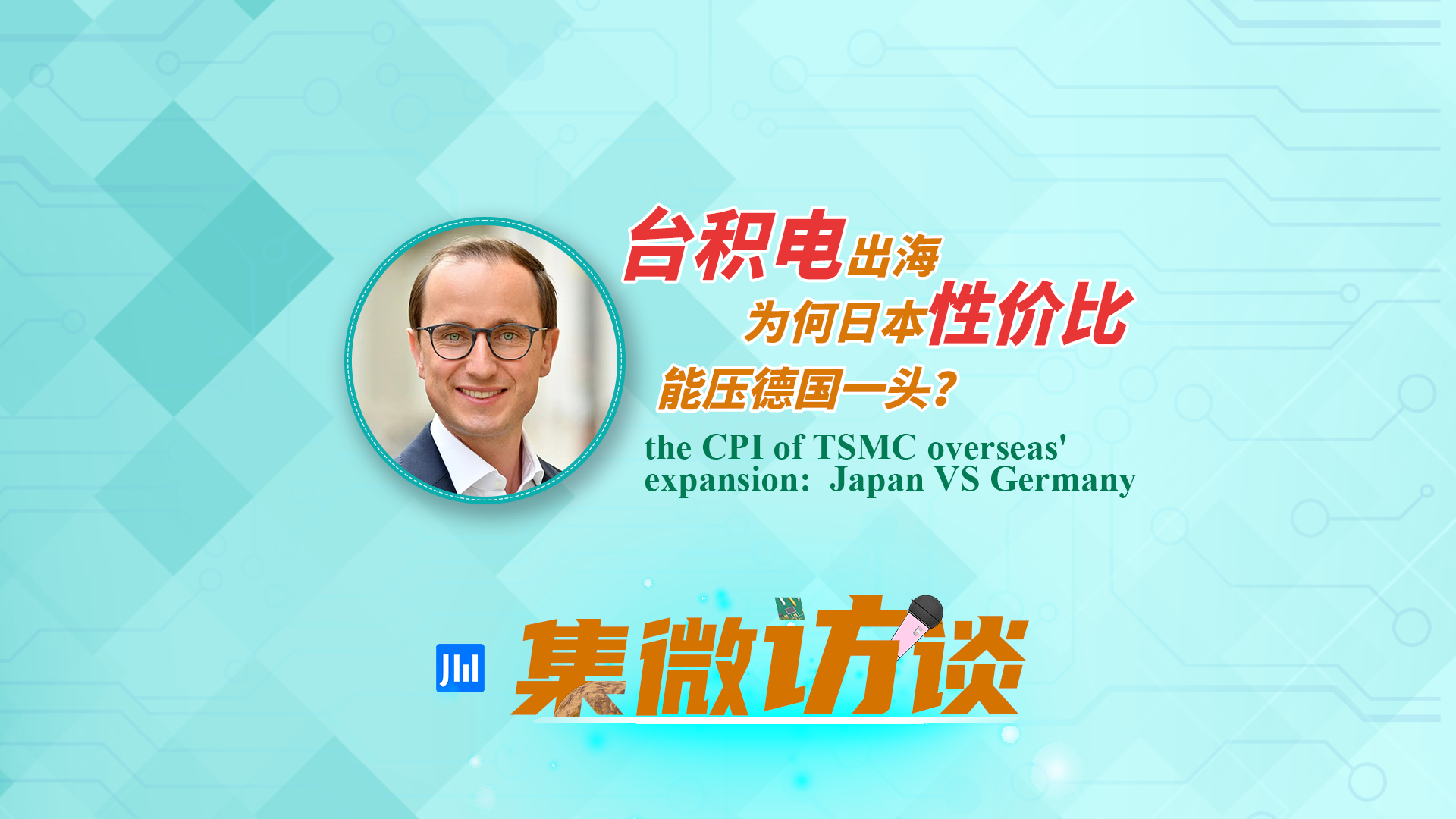Editing by Li Panpan
Shanghai will put more effort into producing automotive-grade MCU to solve the chip shortage problem, said Gong Zheng, mayor of Shanghai, at a press conference after the conclusion of a municipal government annual session.

He also said Shanghai would continue to promote R&D standards, data security, and infrastructure construction to foster new forces in its new energy industry.
Cars are growing to be mobile smart devices and digital spaces instead of being a simple means of transportation, and new energy vehicles are an essential direction for the development of the automobile industry. Gong said, “Shanghai attaches great importance to it and is accelerating the development of a new energy vehicle development highland with global influence.”
In recent years, Shanghai has introduced several support policies from both the supply and demand ends and will issue strategies, like building infrastructure such as charging stations. Gong said, “Many new energy vehicles are intelligent networked vehicles. Since the second half of last year, the chip shortage of smart cars has been very severe. Shanghai will put more effort into producing automotive-grade MCU to solve the chip shortage problem.”
Shanghai's new energy vehicle industry has entered a new stage of rapid growth. Last year, the output value exceeded RMB160 billion ($25.26 billion), a year-on-year increase of 200%; the output reached 550,000 vehicles, a year-on-year increase of 70%; new energy vehicles in use numbered in total more than 670,000, of which more than 250,000 were sold last year, accounting for 43% of car sales.
Shanghai is also the city with the largest number of new energy vehicles in China. Its goal is to produce more than 1.2 million new energy vehicles in the city by 2025, with an output value exceeding RMB350 billion ($55.26 billion), and to build a charging network that can meet the needs of more than 1.25 million electric vehicles.










